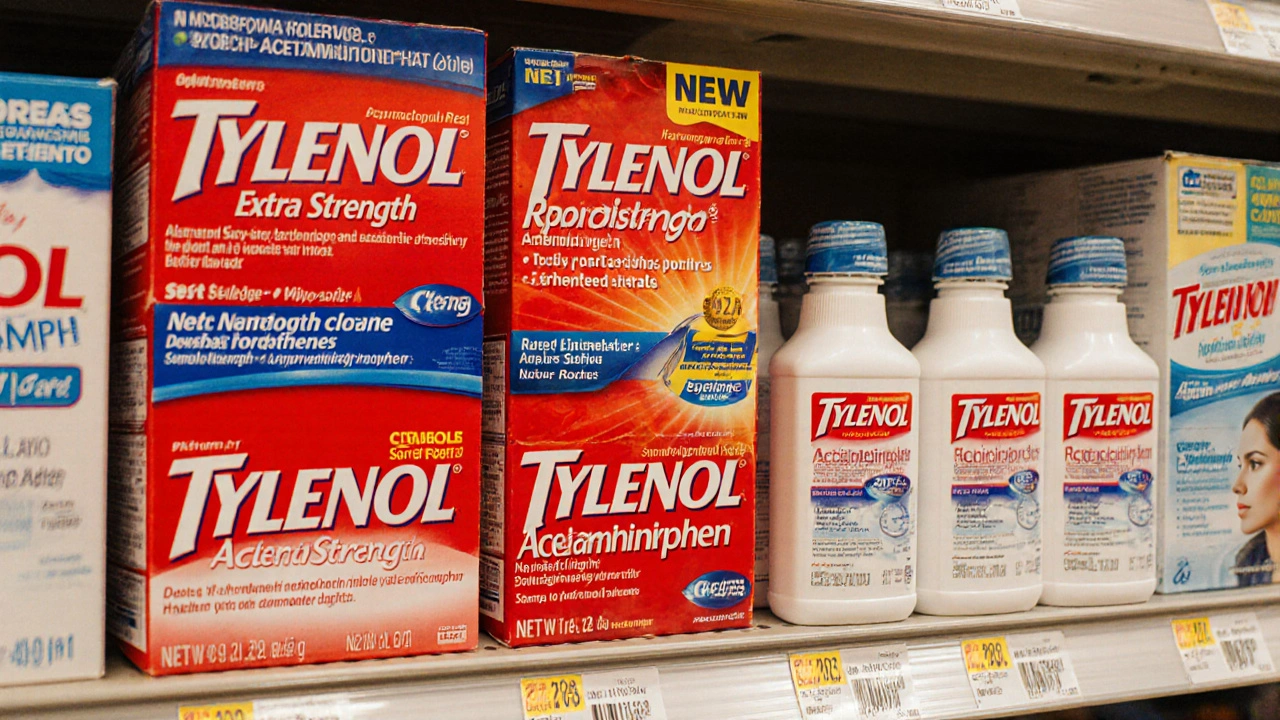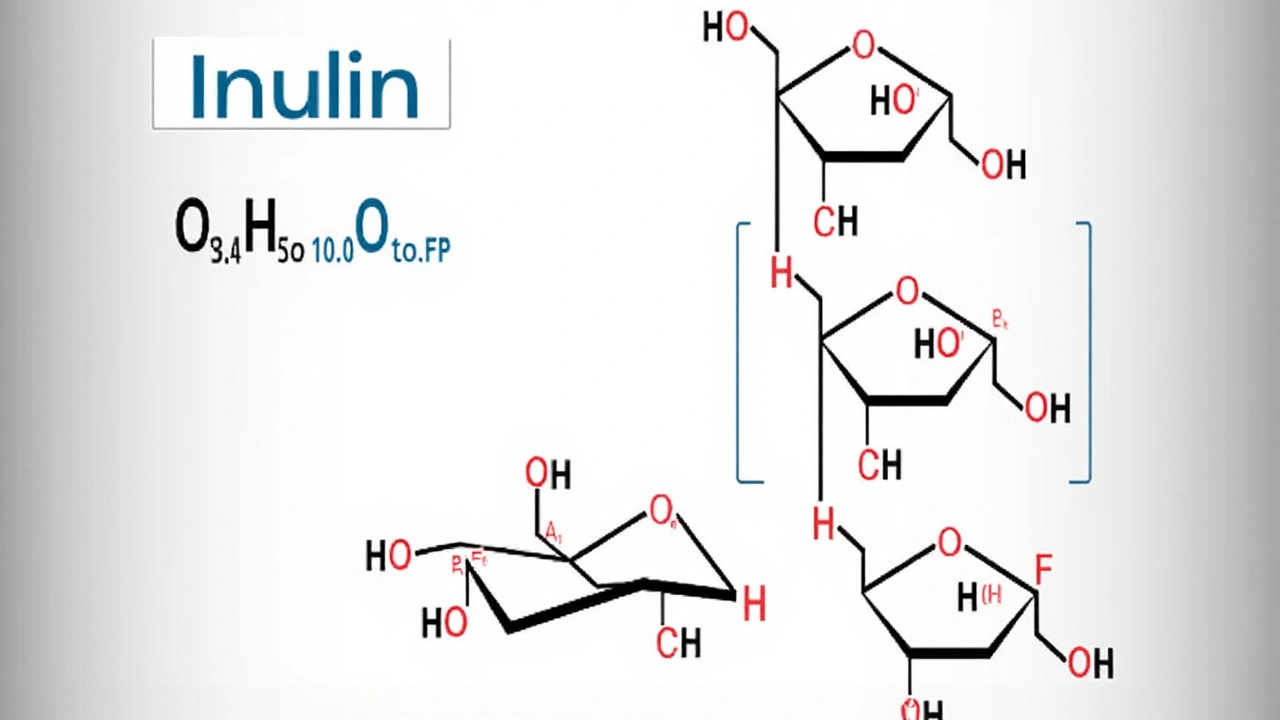Health News in Africa – Latest Updates and Stories
Welcome to your go‑to spot for fresh health headlines across the continent. We pull together the most relevant stories so you can stay ahead of what matters – whether it’s a new cancer diet tip, a virus warning at the airport, or an eye‑opening medical scandal.
Cancer Research & Treatment
One study from the UK is testing inulin, a type of dietary fibre, to see if it can calm gut problems for men undergoing prostate cancer radiotherapy. Researchers think the cheap supplement could cut diarrhoea and inflammation, making treatment easier on patients.
If you follow nutrition hacks, this could become a simple add‑on to improve comfort during tough cancer sessions. The trial is still early, but the idea is that a daily fibre boost might protect the gut without extra meds.
Infectious Disease Alerts
The CDC has started screening travelers coming from Rwanda for Marburg virus. With 56 cases and 12 deaths reported in Rwanda, officials want to stop the disease from reaching the U.S. at selected airports starting October 14.
This move shows how quickly health agencies can act when a deadly hemorrhagic fever surfaces. If you’re planning to travel soon, expect a quick temperature check and basic symptom questionnaire at arrival.
On another front, the UK’s historic blood scandal finally got an official apology and compensation plan. In the 1970s‑80s thousands received contaminated blood that spread hepatitis C and HIV. The inquiry highlighted huge safety gaps, prompting new testing rules for all donated blood.
The fallout reminds us why strict screening matters for every transfusion. If you or a loved one ever needed blood, the modern system is now far safer thanks to those findings.
Personal health stories also make headlines. Nigerian music video director TG Omori shared his heartbreaking fight after a failed kidney transplant. His brother donated a kidney, but surgeries in Lagos didn’t go as planned, leaving Omori desperate for help.
Omori’s plea sparked massive support from fans and the medical community, showing how public voices can drive attention to organ‑donation challenges in Africa. If you’re considering donation, his case underlines the need for reliable surgical care and follow‑up.
These stories illustrate the range of health issues affecting everyday people across Africa – from cutting‑edge research to urgent public‑health actions and personal battles. Keeping up with them helps you make smarter choices about diet, travel, and medical care.
Bookmark this page for regular updates. We’ll keep adding fresh reports, so you never miss a key development that could impact your health or the well‑being of those around you.
Nigeria’s Mental‑Health Crisis Grows Amid Malnutrition Emergency
World Mental Health Day highlights Nigeria's mounting mental‑health emergency, with 85% left untreated amid a severe malnutrition crisis in the north.
Acetaminophen Pregnancy Safety: What Doctors Say About Tylenol and Autism Risk
New research has sparked fresh debate over the safety of acetaminophen (Tylenol) in pregnancy. While a meta‑analysis of 46 studies hints at higher autism and ADHD rates, a massive Swedish sibling study finds no link. Major medical bodies still back its use when needed, urging the lowest effective dose. Expectant mothers should discuss any medication with their clinicians.
Dietary Fibre Shows Promise in Easing Prostate Cancer Radiotherapy Side Effects
A major UK study is testing if inulin supplements, a type of dietary fibre, can reduce gut side effects like diarrhoea for prostate cancer patients receiving radiotherapy. Researchers hope inulin can calm gut inflammation and boost treatment, offering a cheap way to improve patient comfort and outcomes in the future.
CDC Implements Screening for Marburg Virus Among Travelers from Rwanda
In an effort to mitigate the spread of the Marburg virus into the United States, the CDC will start screening travelers from Rwanda beginning October 14. This precautionary action comes after 56 cases have been confirmed in Rwanda, with 12 fatalities. Passengers arriving at selected U.S. airports will undergo health checks. The high transmission risk and lack of treatment for the hemorrhagic virus, akin to Ebola, underscore the urgency of these measures.
TG Omori's Emotional Plea After Failed Kidney Transplant: 'I Don't Want To Die'
TG Omori, a prominent Nigerian music video director, has publicly shared his struggle with health issues following a failed kidney transplant. After his sole brother's kidney donation, Omori faced a series of unsuccessful surgeries at a Lagos hospital. His heartfelt plea, 'I don't want to die,' resonated deeply as fans and colleagues rallied to support him during this challenging time.
UK Blood Scandal: Impact, Compensation, and Inquiry Findings
The UK's infected blood scandal of the 1970s and 80s led to thousands contracting hepatitis C and HIV from unscreened foreign blood sources. The inquiry into this highlighted systemic failures and recommended compensation and a formal apology, which the government has committed to. Learn about the impacts, inquiry findings, and ongoing response efforts.






